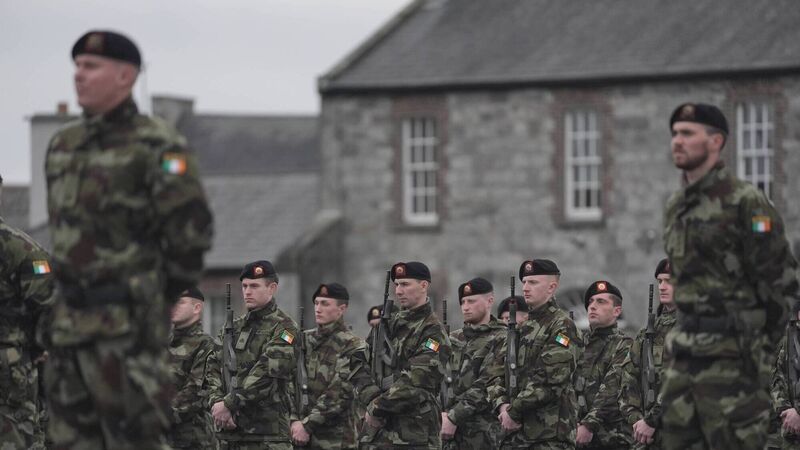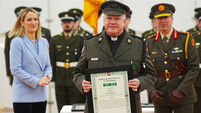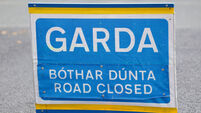Bill to scrap UN approval on sending troops overseas to begin pre-legislative scrutiny

The Government has said the scrapping of the veto will not impact the policy of military neutrality. File Picture: Brian Lawless/PA
Draft legislation scrapping the requirement for UN approval to send Irish Defence Forces abroad and increase the number of personnel that can be dispatched, from 12 to 50, without a Dáil vote has been published.
The so-called triple lock demands that any deployment overseas above 12 soldiers must have Government, Dáil, and UN approval.














